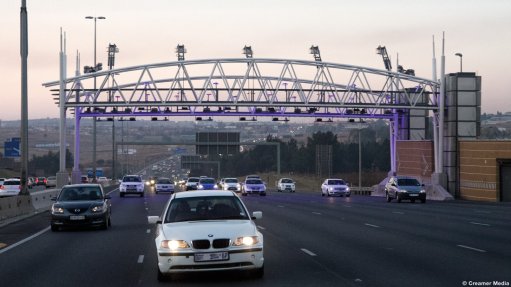
Photo by: Duane Daws
Gauteng motorists were not paying their e-toll bills because they can not afford them – not because they are defying government, Premier David Makhura said on Monday during his state of the province address in Sebokeng, south of Johannesburg.
“In the many meetings I have addressed since the announcement of the new dispensation, I have heard many motorists say that they are not paying e-tolls due to affordability, rather than being part of a campaign of civil disobedience,” Makhura said.
“Affordability is the issue, not civil defiance,” he said.
Makhura added that the e-toll advisory panel and the new dispensation announced by deputy president, Cyril Ramaphosa, government had tried its best to address issues regarding e-tolls.
In May last year, Ramaphosa announced halved tariffs for most categories of vehicles in terms of a new tariff structure.
The announcement did not damper public dissatisfaction with e-tolls. Opposition parties and organisations such as the Congress of South African Trade Union have vowed to continue boycotting e-tolls.
Earlier on Monday, during the beginning stages of his address, Makhura mentioned that at least a million people settled in Gauteng from other provinces between 2011 and 2016, putting pressure on service delivery and job opportunities in the province.
He noted that an average of 200 000 people moved into Gauteng each year, putting pressure on “jobs, housing, health, education and other life supporting infrastructure”.
He also noted that service delivery protests have decreased in the past 12 months due to the introduction of a new service delivery model called Ntirhisano in Gauteng.
Makhura said that this service delivery model has seen the prevalence of protests decrease from 21% to 15% in the past 12 months and was acknowledged by the Municipal IQ Monitor as a model that “address grievances of protesting communities before they spiral into violence [and] deserves keen attention, especially with the preliminary signs that levels of violent protest may be receding.”